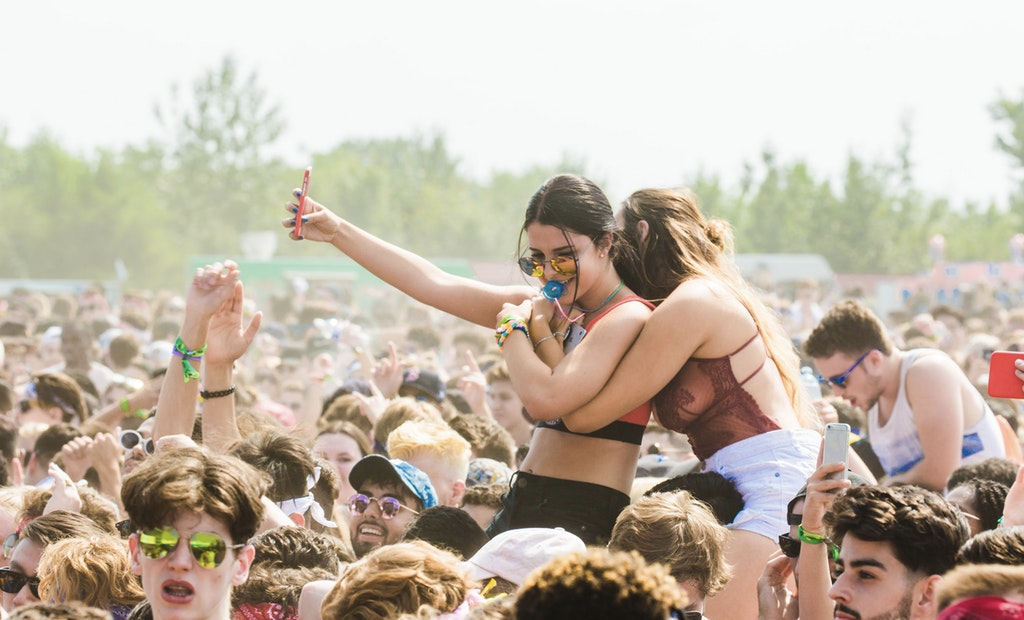How festivals are joining forces against legal highs

Glastonbury is the latest festival to join the battle against legal highs in the UK, taking part in a digital blackout to raise awareness of the dangers. The 24-hour online campaign will see organisers substituting their web presence for an image of a roulette wheel, with the accompanying message “you could lose a lot on legal highs”. Taking place on bank holiday Monday, the scheme involves other popular summer gatherings including Bestival, T-in-the-Park, Sonisphere and Parklife.
The Association of Independent Festivals, a non-profit organisation created to represent independent festivals, has 40 of its 50 members on board with the campaign – double the number that participated in a similar campaign last year.
The initiative comes in response to an open letter from the Home Office, in which the crime prevention minister Lynne Featherstone requested that summer festival organisers instituted a “no legal highs” policy. As part of the campaign, the homepage of each festival website will link to a page showing crucial statistics, truths and advice about legal highs.
According to national drug education service FRANK, legal highs are substances not yet regulated under the Misuse of Drugs Act 1971. There is often not enough research about the drugs to understand their potency, effects or the adverse reactions caused by mixing with other substances such as alcohol or medication. Nevertheless, the number of deaths caused by legal highs has risen in recent years, from ten in 2009 to over 65 in 2012.
Unfortunately, legal highs are not covered by the law as their chemical make up is considered to be different to classed drugs, but many, when tested, contain illegal components. Despite this, they can easily be bought online or in high streets across the UK. A common tactic used by suppliers to get around regulations is to label them as unfit for human consumption and pass them off as incense or bath salts.
Resultantly, the number of legal highs on the market is rising rapidly year on year and as soon as one substance is banned, another takes its place. However, there are other dangers of taking these supposedly safe, legal chemicals at festivals; an exploding can of nitrous oxide (also known as laughing gas) led to a major injury at Glastonbury festival in 2014.
Paul Reed, general manager at the Association of Independent Festivals said: “We want all events this summer to be safe, enjoyable environments for music fans. This is an important message and we are pleased to say that this initiative is growing.” If safety is to be ensured, legal highs will be a great concern to anyone staging a music festival this year.
Sophie Lloyd























Facebook
Twitter
Instagram
YouTube
RSS